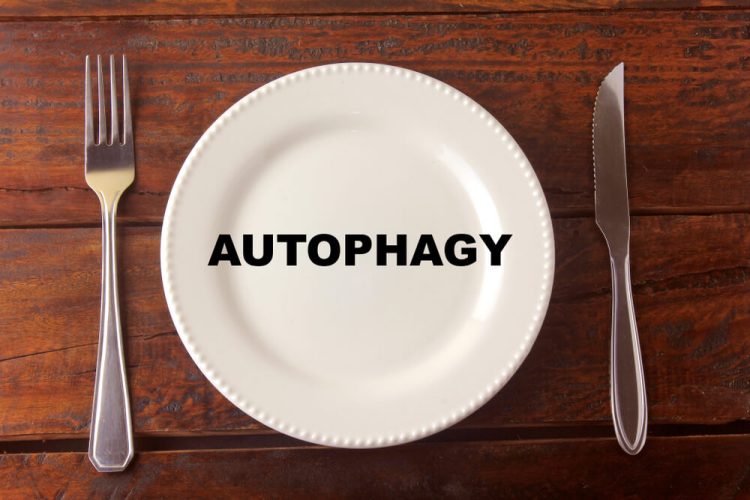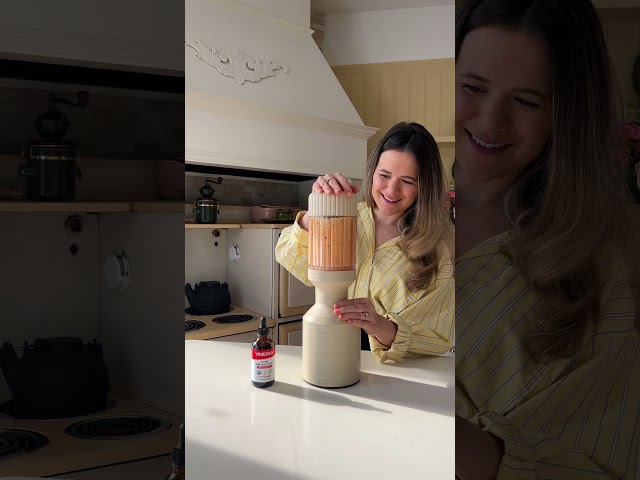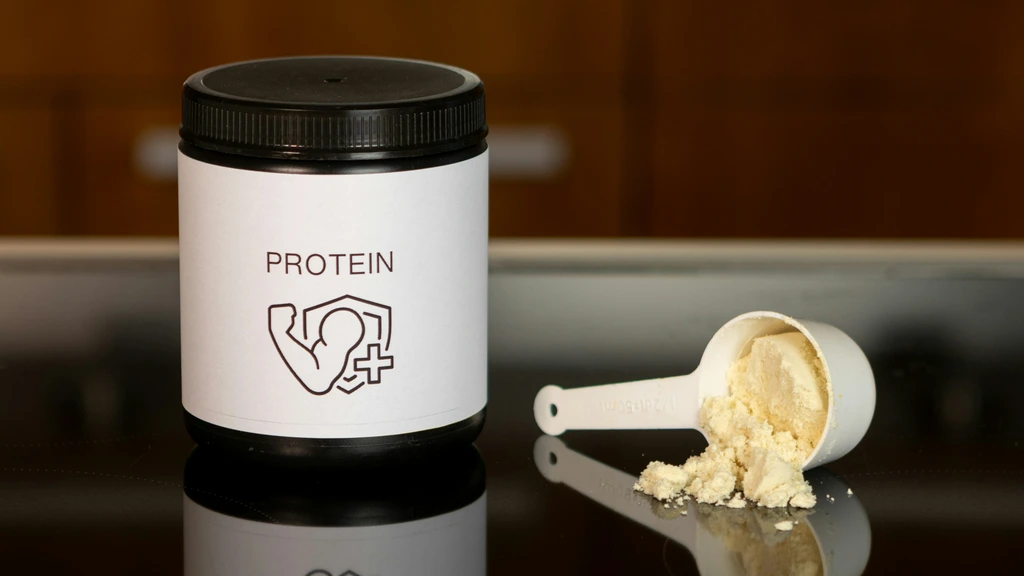Autophagy is a process where cells clean out and recycle their own parts. Think of it like the cell’s way of taking out the trash and reusing materials to keep itself healthy and efficient. Here’s a simpler explanation of what autophagy is and why it’s important.
What is Autophagy?
Autophagy means “self-eating” in Greek. It’s a natural process that happens inside your cells to get rid of old, damaged parts and recycle them to create new cell components. This keeps your cells in good shape and helps them work properly.
How Does Autophagy Work?
- Start with a Bubble:
- A small bubble called a phagophore forms inside the cell.
- Capture the Junk:
- This bubble surrounds and captures the old, damaged parts of the cell, forming a larger bubble called an autophagosome.
- Fuse with a Recycling Center:
- The autophagosome then fuses with a lysosome, which is like the cell’s recycling center full of digestive enzymes.
- Break Down and Recycle:
- The lysosome breaks down the captured parts into basic building blocks, like amino acids and fatty acids.
- Reuse:
- The cell uses these building blocks to make new parts or to get energy.
Why is Autophagy Important?
- Keeps Cells Healthy: By removing damaged parts, autophagy prevents the build-up of junk that can harm the cell.
- Provides Energy: When nutrients are scarce, autophagy provides the cell with necessary materials to keep functioning.
- Defends Against Diseases: Autophagy helps get rid of bacteria and viruses that invade the cell.
- Supports Development: It helps cells grow and change during development and repair.
Autophagy and Health
When autophagy doesn’t work well, it can lead to various health problems:
- Neurodegenerative Diseases: Poor autophagy can cause the build-up of harmful proteins in the brain, contributing to diseases like Alzheimer’s and Parkinson’s.
- Cancer: Autophagy can both prevent cancer by removing damaged parts that might turn into cancer, and help cancer cells survive by providing them with nutrients.
- Metabolic Disorders: Problems with autophagy can lead to issues like obesity and diabetes because it affects how cells manage energy and nutrients.
- Infections: Some bacteria and viruses can hijack the autophagy process to help them survive inside cells.
How to Boost Autophagy
Certain activities and lifestyle choices can help boost autophagy:
- Fasting: Skipping meals now and then (intermittent fasting) can trigger autophagy.
- Exercise: Regular physical activity promotes autophagy.
- Healthy Diet: Eating foods like grapes (containing resveratrol) and soybeans (containing spermidine) may enhance autophagy.
- Medications: Some drugs being studied might help control autophagy for better health.
Autophagy is like a cleaning and recycling system inside your cells. It gets rid of damaged parts and reuses them, keeping your cells healthy and functioning well. By understanding and supporting autophagy, we can improve our overall health and fight various diseases.











Discussion about this post